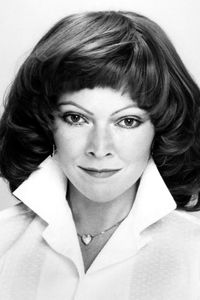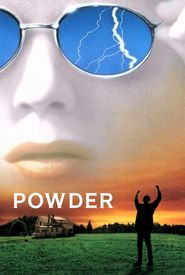Susan Tyrrell, a San Francisco-born actress, was a teenager when she made her stage debut in "Time Out for Ginger" in 1962. Born Susan Jillian Creamer, she was a product of the entertainment industry, with her father being a top agent at the William Morris firm. She built up her resume in summer stock and regional plays, typically cast in standard ingénue roles. However, her career took an unexpected turn when she was cast in a variety of seamy, salty-tongued, and highly dysfunctional character parts with the Lincoln Repertory Company.
After striking performances on and off Broadway in productions such as "The Rimers of Eldritch" (1967),"A Cry of Players" (1968),"The Time of Your Life" (1969),and "Camino Real" (1970),Hollywood took notice of her unique talent and began to cast her in their more offbeat projects. In only her fourth film, Susan earned an Academy Award nomination for her powerful portrayal of a cynical, low-life boozer girlfriend opposite Stacy Keach's has-been boxer in John Huston's "Fat City" (1972).
Susan continued to showcase her fearless attraction to the dark side throughout the late 1970s with roles in lesser-quality material such as "The Killer Inside Me" (1976),Andy Warhol's "Bad" (1977),"Islands in the Stream" (1977),"I Never Promised You a Rose Garden" (1977),and "September 30, 1955" (1977),playing various harridans and grotesques. The 1980s saw no change, with her manic behavior on full display in "Tales of Ordinary Madness" (1981),"Forbidden Zone" (1980),"Liar's Moon" (1981),"Fast-Walking" (1982),"Butcher, Baker, Nightmare Maker" (1981),"Big Top Pee-wee" (1988),and underground director John Waters' more mainstream film "Cry-Baby" (1990),many of which have achieved cult status.
Toned down a bit for TV, Susan demonstrated her range in both the one-season series "Open All Night" (1981) and the series "MacGruder and Loud" (1985),showing she wasn't about to change. When her TV and movie career started to slow down, the Los Angeles-based actress opted for the avant-garde stage with productions such as "Why Hannah's Skirt Won't Stay Down" (1986),"Landscape of the Body" (1987),"The Geography of Luck" (1989),and her trenchant one-woman piece "My Rotten Life: A Bitter Operetta" (1989),which she performed over a long period of time.
Real-life tragedy struck in late April 2000 when Susan contracted an ear-fatal illness. Both of her legs had to be amputated below the knee due to multiple blood clots caused by a rare blood disease - thrombocythemia. Despite her condition, Susan valiantly tried to maintain a positive outlook, continued to perform on occasion while undergoing rehabilitation, and spent time writing and painting before passing away on June 16, 2012.












































































